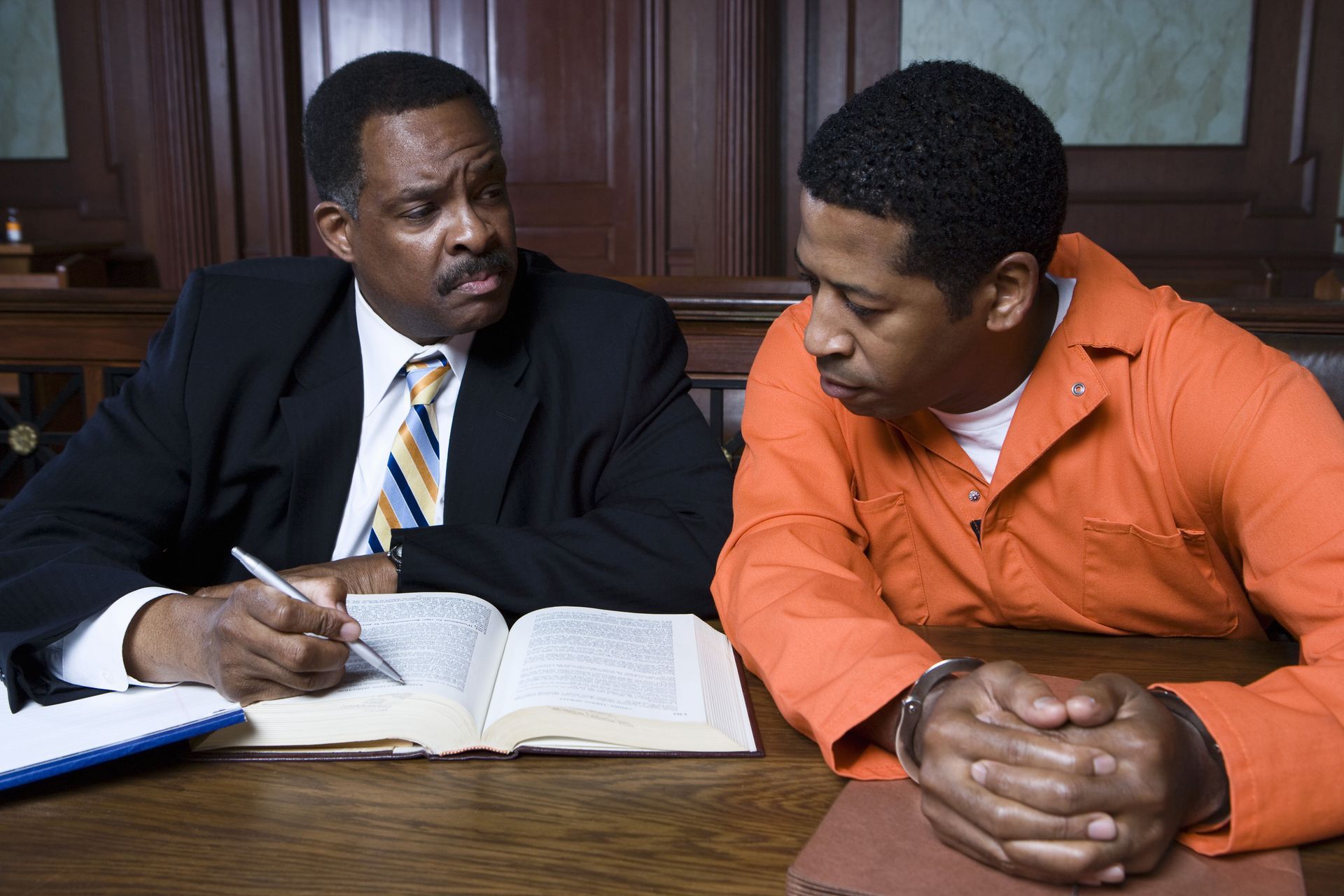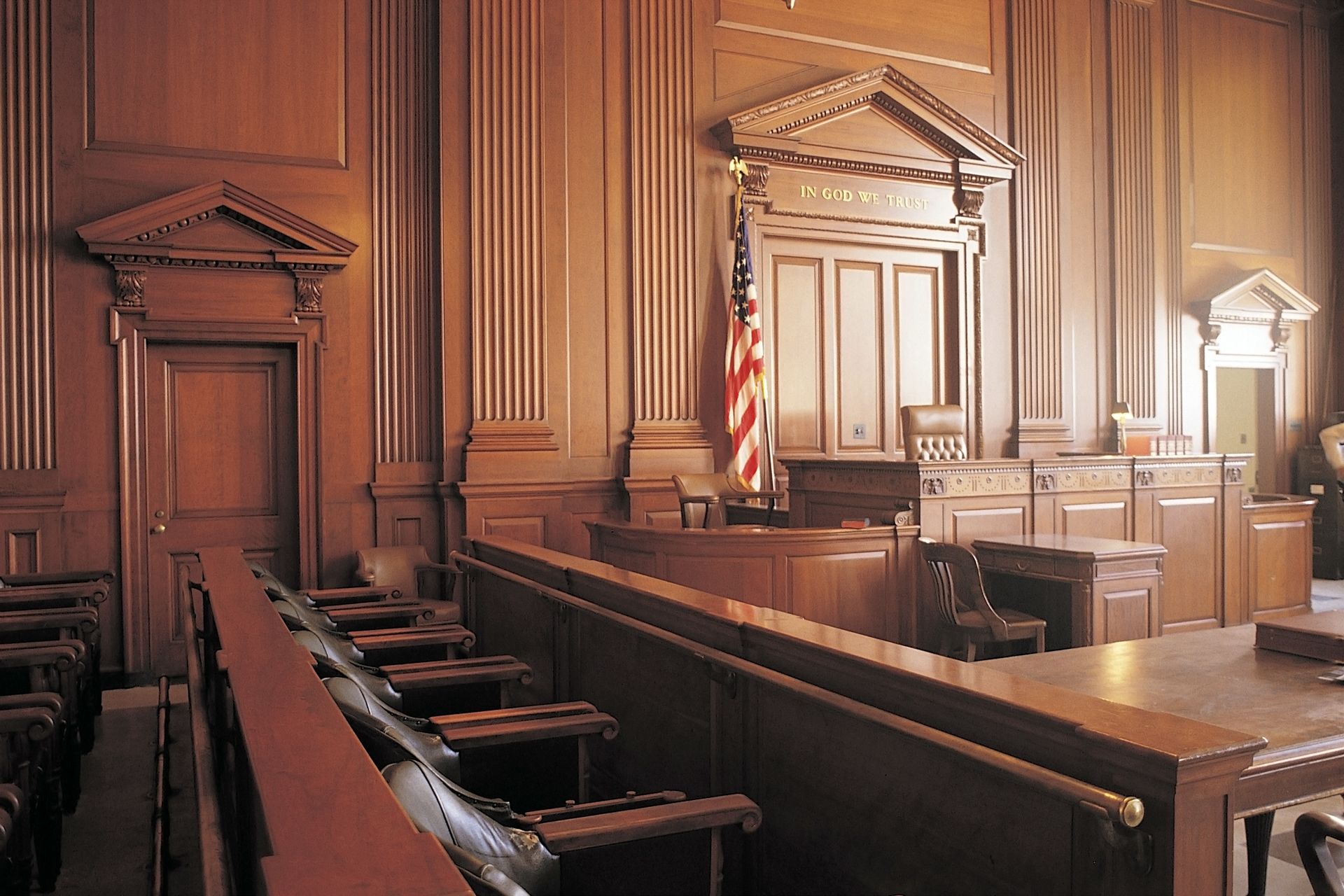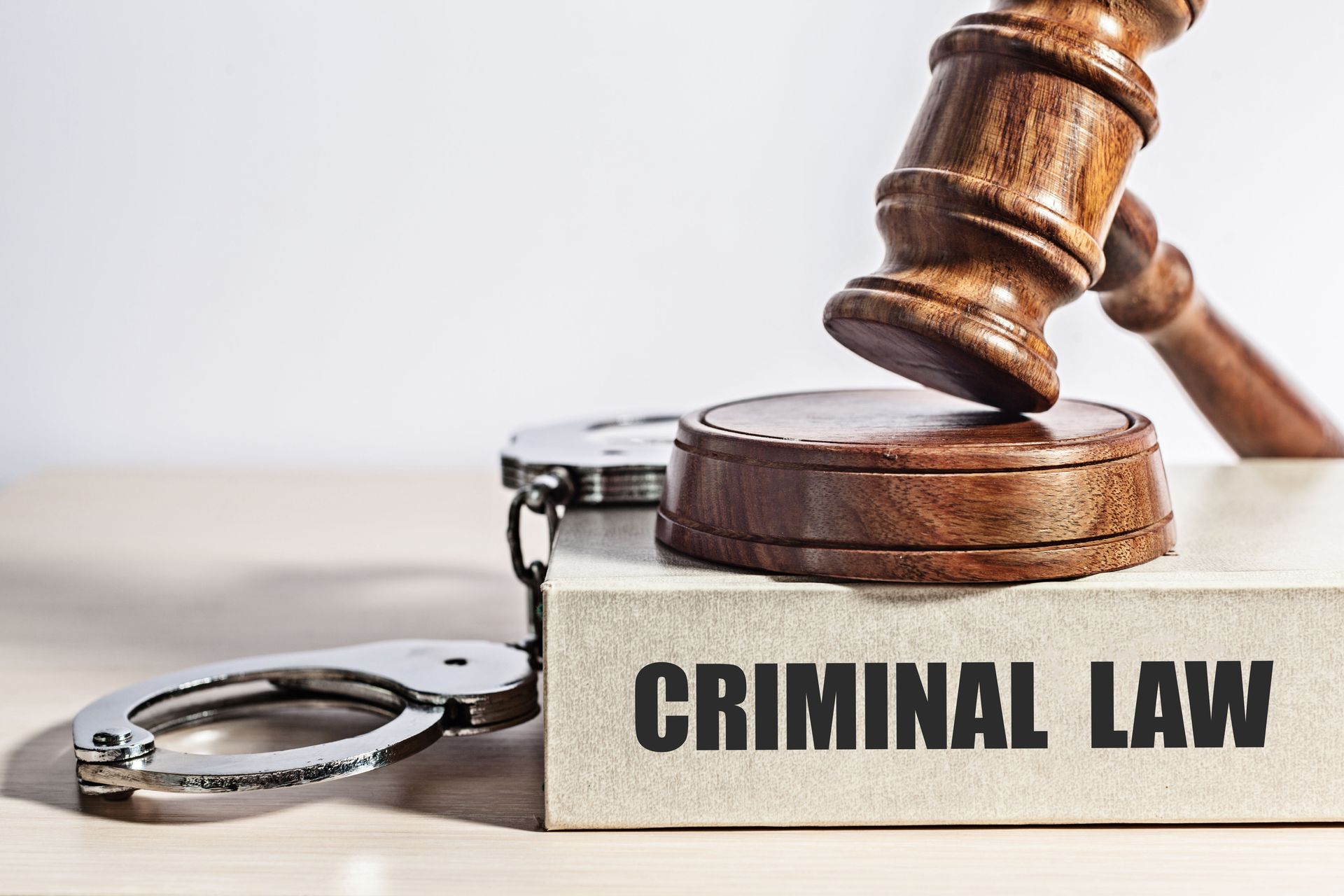Everything You Need to Know About Plea Bargains
This article provides a detailed look at plea bargains and their crucial role in the judicial system. Plea bargains have become a fundamental component of modern criminal proceedings, resolving the majority of cases efficiently. For defendants, understanding the implications of a plea deal is vital, and consulting with a skilled criminal attorney can ensure informed decision-making. Victims, legal professionals, and the public also benefit from awareness of how plea bargains shape case outcomes and maintain judicial efficiency.
Understanding Plea Bargains
Plea bargaining is a legal negotiation process where the defendant agrees to plead guilty to a lesser charge, or one of multiple charges, in exchange for concessions from the prosecutor. This process has evolved significantly, finding its roots in the 19th century when prosecutors sought efficient ways to manage ballooning caseloads. Initially viewed with skepticism, plea bargains gained legal acceptance as formal rules and ethical guidelines were developed over time.
Historically, plea bargains were often informal and unregulated, leading to various abuses and inconsistencies within the system. It wasn't until the latter half of the 20th century that plea bargains became a structured component of the judicial process. The formalization of plea bargains facilitated clearer expectations and protections for all parties involved, fostering trust and efficiency in criminal proceedings.
Today, plea bargains are a dominant feature of the criminal justice system, as they offer a practical resolution to many legal disputes. Their significance can be underscored by the fact that, according to NOLO, only 2% to 3% of criminal cases actually go to trial. This indicates the reliance on plea bargaining to alleviate the caseloads on courts and provide timely resolutions.
Exploring The Legal Framework Governing Plea Bargains
Legal frameworks surrounding plea bargains have evolved to ensure fairness and consistency across jurisdictions. Court decisions, such as the landmark ruling in Brady v. United States, established that plea bargains are constitutionally valid, provided they are made voluntarily and with full awareness of the circumstances. This ruling ensures that defendants are not coerced into plea bargains, enforcing a standard of fairness in the plea process.
Federal and state rules offer additional guidelines, mandating that plea agreements be made in writing and reviewed by a judge. This oversight protects the integrity of the process, ensuring that the defendant's rights are upheld and that the agreement is in the public interest. Defense attorneys must adequately inform their clients about the implications of accepting a plea bargain, including long-term consequences beyond immediate sentencing.
Moreover, ethical guidelines dictate that prosecutors propose plea bargains in good faith to serve justice, not merely to secure convictions. This balance is critical, as plea bargains significantly reduce the proportion of cases that proceed to trial. According to NOLO, only about 2% to 3% of criminal cases reach trial, highlighting the pivotal role of plea agreements within the judicial machinery.
Highlighting The Advantages of Plea Bargaining
Plea bargaining significantly enhances the efficiency of the criminal justice system by streamlining case resolutions. This process helps manage the overwhelming volume of cases entering the courts, freeing up valuable judicial resources. By resolving cases without the need for full trials, plea bargains reduce the time and expenses associated with court proceedings.
Plea bargaining offers defendants the potential for reduced sentences or charges, providing a strategic advantage in mitigating legal consequences. By agreeing to a lesser charge or sentence, defendants can avoid more severe penalties that might result from a conviction at trial. This aspect of plea bargaining is particularly appealing for defendants facing multiple charges or those with substantial evidence against them.
Plea bargaining empowers prosecutors with discretion to resolve cases in a manner that best serves justice and public interest. By negotiating plea agreements, prosecutors can prioritize cases based on seriousness, community impact, and available resources. This discretion allows them to pursue more impactful outcomes for egregious offenses while efficiently handling lesser matters through plea offerings.
Explaining The Process of Plea Bargaining
The plea bargaining process typically begins with initial negotiations between the prosecutor and the defendant or their attorney. These discussions are informed by the evidence available and the respective parties' objectives, with prosecutors typically initiating the negotiation with an opening offer. During these early discussions, terms and conditions of potential plea agreements are explored, tailoring them to the specifics of the case.
Entry into plea negotiations comes with the strategic task of balancing risks and benefits for both the prosecution and defense. Prosecutors may propose offers based on factors such as the severity of the charges, the strength of the evidence, and the perceived cooperation level of the defendant. Negotiating prudent solutions involves considering the impact on victims, community safety, and public interest.
Assessing Potential Risks and Considerations
While plea bargains offer many advantages, they are not without risks and potential drawbacks. Defendants may feel pressured to accept a deal even if they maintain their innocence, particularly when facing overwhelming evidence or the threat of harsher penalties at trial. Consulting with a skilled criminal attorney can help ensure that defendants fully understand the implications of accepting a plea bargain and that their rights are adequately protected. It is crucial to weigh both the immediate benefits and the long-term consequences of a plea agreement before making a decision.
Plea deals may sometimes result in lighter sentences than a trial might yield, but they can also carry collateral consequences such as restrictions on employment, professional licensing, or immigration status. Without careful consideration, defendants may inadvertently agree to terms that affect their lives well beyond the courtroom. A criminal attorney can provide guidance on these nuanced effects, helping clients make informed choices about whether to accept or reject an offer.
Additionally, the perception of fairness can be a concern, as critics argue that some plea deals favor efficiency over justice. Inconsistent application of plea bargaining across cases can create disparities that affect public trust in the legal system. Working with an experienced criminal attorney ensures that defendants receive equitable treatment, that negotiations are conducted ethically, and that justice is balanced with efficiency. Transparency and professional advocacy are key to addressing these concerns while navigating plea agreements.
Defending with Effective Counsel
Defense counsel plays a critical role in guiding defendants through the plea bargaining process. A competent criminal attorney evaluates the evidence, discusses possible outcomes, and negotiates with prosecutors to secure the most favorable terms for the client. Their expertise allows defendants to make decisions based on a clear understanding of both legal strategy and potential sentencing consequences. Effective defense counsel ensures that plea bargains are approached as strategic options rather than coercive pressures.
Beyond negotiation, defense attorneys also provide emotional and practical support throughout the legal process. They explain complex legal terminology, court procedures, and potential implications of accepting a plea deal, empowering clients to make informed choices. A criminal attorney ensures that the defendant’s perspective is considered at every stage, advocating for their rights while maintaining ethical standards. This guidance is particularly vital for first-time defendants or those unfamiliar with the intricacies of the criminal justice system.
Plea bargains remain a vital component of the criminal justice system, offering efficiency and resolution for both courts and defendants. Consulting with a skilled criminal attorney ensures that individuals fully understand the legal and personal implications of any proposed agreement. By working closely with defense counsel, defendants can navigate plea negotiations with confidence, protecting their rights while achieving fair and informed outcomes. If you need legal counsel, get in touch with Woodward Law Offices LLP.











Share On: